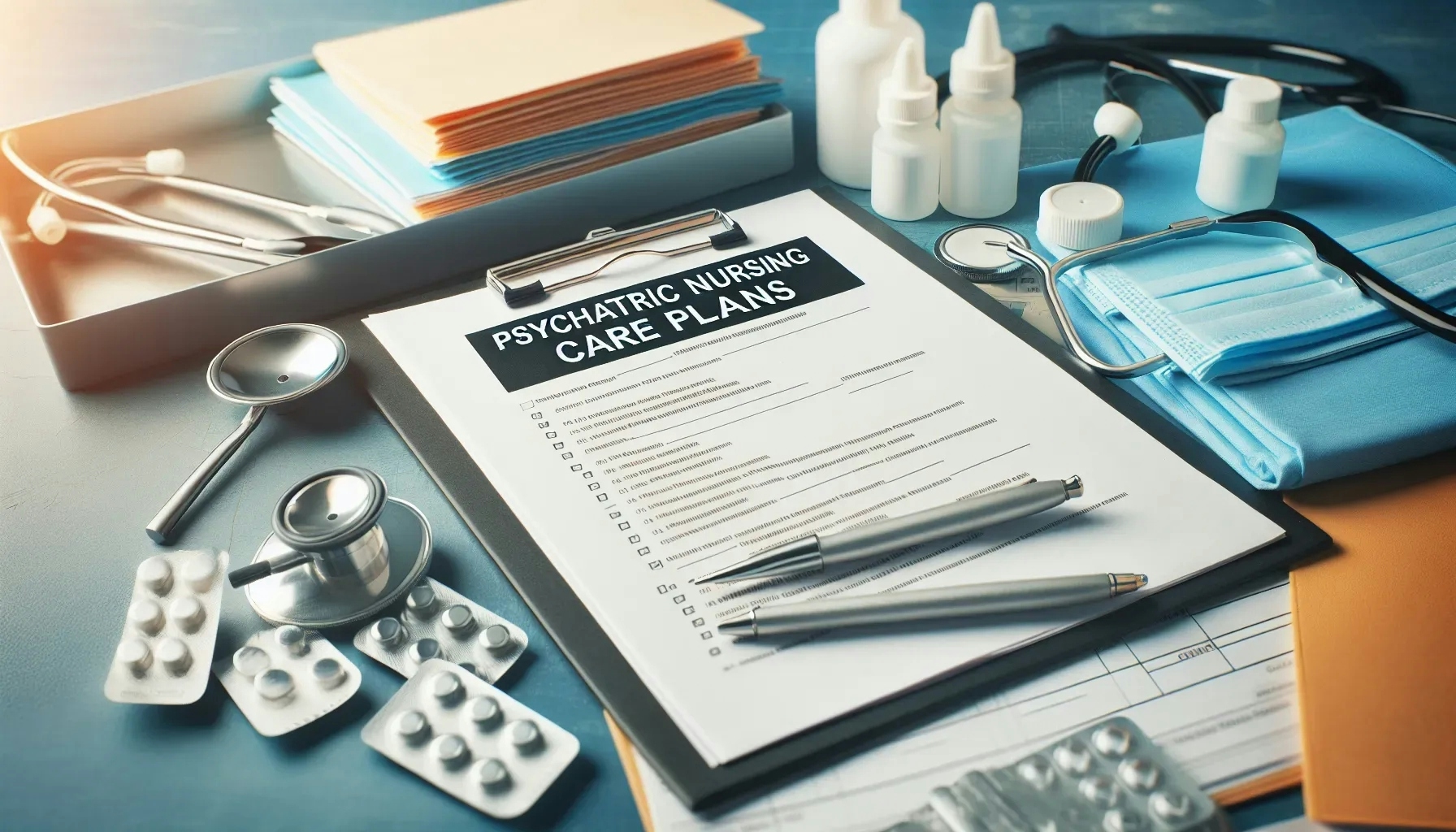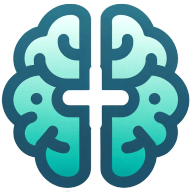Welcome to a comprehensive guide that delves into the world of psychiatric nursing care plans and documentation. This blog post aims to provide a detailed understanding of the subject, shedding light on its importance, the process involved, and the best practices to follow. Whether you're a nursing student, a practicing nurse, or someone interested in the field, this post will serve as a valuable resource.
The Importance of Psychiatric Nursing Care Plans
Psychiatric nursing care plans hold a pivotal role in the healthcare sector. They serve as a roadmap for patient care, outlining the strategies and interventions to be used in managing a patient's psychiatric condition.
The care plans are not merely documents; they are tools that facilitate communication among healthcare professionals. They ensure that everyone involved in the patient's care is on the same page, thereby promoting continuity and consistency of care.
Moreover, these care plans are instrumental in promoting patient safety. They provide a clear outline of the patient's needs and the interventions required, thereby minimizing the risk of errors or omissions in care.
Psychiatric nursing care plans also contribute to improving the quality of care. They provide a framework for evaluating the effectiveness of the interventions implemented and identifying areas that need improvement.
In essence, psychiatric nursing care plans are indispensable tools in the provision of holistic, patient-centered care in the psychiatric setting.
The Process of Creating Psychiatric Nursing Care Plans
The process of creating psychiatric nursing care plans is systematic and patient-centered. It begins with a comprehensive assessment of the patient. This involves gathering information about the patient's psychiatric history, current symptoms, and overall health status.
Based on the assessment, the nurse identifies the patient's nursing diagnoses. These are statements that describe the patient's actual or potential health problems that the nurse is qualified and licensed to treat.
Following the identification of the nursing diagnoses, the nurse develops the care plan. This involves setting goals for the patient's care and identifying the nursing interventions that will be used to achieve these goals.
The care plan is then implemented, with the nurse carrying out the identified interventions. Throughout this process, the nurse monitors the patient's progress towards the set goals.
The final step in the process is the evaluation of the care plan. This involves determining whether the goals have been met and whether the interventions have been effective. Based on this evaluation, the care plan may be revised as necessary.
Best Practices in Documenting Psychiatric Nursing Care Plans
Documentation is a crucial aspect of psychiatric nursing care plans. It serves as a record of the care provided to the patient and is essential for communication among healthcare professionals.
When documenting a psychiatric nursing care plan, it is important to be clear, concise, and accurate. The documentation should provide a complete picture of the patient's condition, the care provided, and the patient's response to the care.
It is also important to document in a timely manner. This ensures that the information is current and accurate, which is essential for effective patient care.
In addition, it is crucial to maintain patient confidentiality when documenting. This involves ensuring that the documentation is stored securely and is only accessed by authorized individuals.
Lastly, it is important to use standardized language when documenting. This promotes consistency and clarity in the documentation, making it easier for other healthcare professionals to understand.
Challenges in Psychiatric Nursing Care Plans and Documentation
Despite their importance, psychiatric nursing care plans and documentation can present several challenges. One of these is the complexity of psychiatric conditions. These conditions often involve multiple symptoms and can affect various aspects of the patient's life, making it difficult to develop a comprehensive care plan.
Another challenge is the dynamic nature of psychiatric conditions. These conditions can change rapidly, requiring frequent revisions of the care plan. This can make the documentation process demanding and time-consuming.
Additionally, there can be challenges related to patient participation. Some patients may be reluctant or unable to participate in the care planning process, which can make it difficult to develop a patient-centered care plan.
Despite these challenges, it is crucial to remember that psychiatric nursing care plans and documentation are essential tools in providing high-quality, patient-centered care.
Overcoming Challenges in Psychiatric Nursing Care Plans and Documentation
While the challenges associated with psychiatric nursing care plans and documentation can be daunting, they are not insurmountable. There are strategies that can be used to overcome these challenges.
One strategy is to use a team approach in the care planning process. This involves collaborating with other healthcare professionals, such as psychiatrists, psychologists, and social workers, to develop a comprehensive care plan.
Another strategy is to involve the patient in the care planning process as much as possible. This can help to ensure that the care plan is tailored to the patient's needs and preferences.
In terms of documentation, one strategy is to use electronic health records. These can streamline the documentation process, making it easier and more efficient.
Lastly, ongoing education and training can be beneficial. This can help nurses to stay up-to-date with the latest best practices in psychiatric nursing care planning and documentation.
The Future of Psychiatric Nursing Care Plans and Documentation
The field of psychiatric nursing care plans and documentation is continually evolving. With advances in technology, there are new opportunities for improving the care planning and documentation process.
One such opportunity is the use of artificial intelligence (AI). AI has the potential to automate certain aspects of the care planning process, making it more efficient.
Another opportunity is the use of telepsychiatry. This involves providing psychiatric care remotely, which can make it easier to monitor patients and update care plans as necessary.
Despite these advancements, the core principles of psychiatric nursing care plans and documentation remain the same. They are tools for providing patient-centered, holistic care, and their importance cannot be overstated.
Wrapping Up: Psychiatric Nursing Care Plans and Documentation
We've journeyed through the intricacies of psychiatric nursing care plans and documentation, highlighting their importance, the process involved, and the best practices to follow. Despite the challenges they present, these tools are indispensable in providing high-quality, patient-centered care. As the field continues to evolve, it is crucial for nurses to stay abreast of the latest developments and continue to strive for excellence in their practice.

